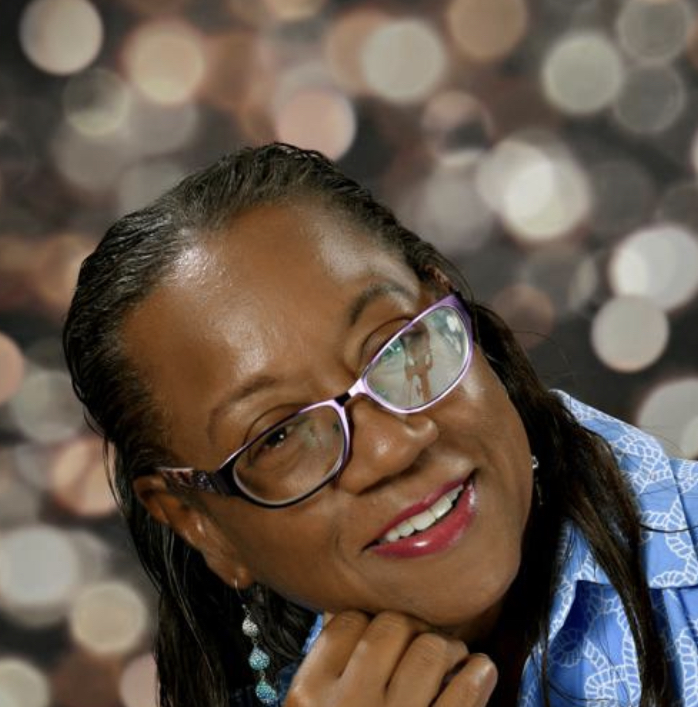Rev Gav
Scene
Luke 3:1-2a
John the Baptist Prepares the Way
3 It was now the fifteenth year of the reign of Tiberius, the Roman emperor. Pontius Pilate was governor over Judea; Herod Antipas was ruler over Galilee; his brother Philip was ruler over Iturea and Traconitis; Lysanias was ruler over Abilene. 2 Annas and Caiaphas were the high priests. At this time a message from God came to John son of Zechariah, who was living in the wilderness. 3 Then John went from place to place on both sides of the Jordan River, preaching that people should be baptized to show that they had repented of their sins and turned to God to be forgiven. 4 Isaiah had spoken of John when he said,
“He is a voice shouting in the wilderness,
‘Prepare the way for the Lord’s coming!
Clear the road for him!
5 The valleys will be filled,
and the mountains and hills made level.
The curves will be straightened,
and the rough places made smooth.
6 And then all people will see
the salvation sent from God.’”
7 When the crowds came to John for baptism, he said, “You brood of snakes! Who warned you to flee the coming wrath? 8 Prove by the way you live that you have repented of your sins and turned to God. Don’t just say to each other, ‘We’re safe, for we are descendants of Abraham.’ That means nothing, for I tell you, God can create children of Abraham from these very stones. 9 Even now the ax of God’s judgment is poised, ready to sever the roots of the trees. Yes, every tree that does not produce good fruit will be chopped down and thrown into the fire.”
10 The crowds asked, “What should we do?”
11 John replied, “If you have two shirts, give one to the poor. If you have food, share it with those who are hungry.”
12 Even corrupt tax collectors came to be baptized and asked, “Teacher, what should we do?”
13 He replied, “Collect no more taxes than the government requires.”
14 “What should we do?” asked some soldiers.
John replied, “Don’t extort money or make false accusations. And be content with your pay.”
15 Everyone was expecting the Messiah to come soon, and they were eager to know whether John might be the Messiah. 16 John answered their questions by saying, “I baptize you with water; but someone is coming soon who is greater than I am—so much greater that I’m not even worthy to be his slave and untie the straps of his sandals. He will baptize you with the Holy Spirit and with fire. 17 He is ready to separate the chaff from the wheat with his winnowing fork. Then he will clean up the threshing area, gathering the wheat into his barn but burning the chaff with never-ending fire.” 18 John used many such warnings as he announced the Good News to the people.
19 John also publicly criticized Herod Antipas, the ruler of Galilee, for marrying Herodias, his brother’s wife, and for many other wrongs he had done. 20 So Herod put John in prison, adding this sin to his many others.
Reflect
The opening passage in this chapter sets the scene. Luke has moved forward another 18 years or so to when Jesus was about 30 years old. The Romans were still in power. Caesar Augustus had died and the new Caesar was called Tiberius. Pontius Pilate was the Roman governor in charge of the whole region which had been split into four smaller areas. Two of the areas to the north were ruled by self-appointed, royal Jewish leaders (under Roman control). The leaders were Herod Antipas and his brother Philip. Most Jewish people did not like the Romans and they did not like Herod and Philip, who colluded with (or worked with) the Romans. Jewish resistance groups had tried to overthrow both Herod, Philip, and the Romans, but they had all been brutally quashed. Tensions were high.
So, there were the Roman overlords, the Jewish political leaders, and the Jewish religious leaders. And yet, it was not in palaces or temples that God spoke, but through a man living in the wilderness. John’s activities were taking place outside the temple. They were outside the establishment. It is difficult to get our heads around this, but no wonder the established leaders were worried.
Where do you expect to hear God’s voice? Is it in spiritual or political places? Is it in a church service or worship? Of course God can and does speak in these places, but the faith lesson I hope you will take from this passage is that God can speak in the most unexpected of places — in the wilderness. We might look for answers from a minister, religious figure, or an organisation, but God is not constrained by us or our systems and will speak through those who are open to hearing God’s voice.
Do
Today, if you’re looking for an answer or seeking God about something, be prepared for God to speak through someone or from a place you would least expect.
Pray
Holy God
I want to hear your voice.
Turn my ear to where you can be heard;
and may I be prepared to encounter
you in the ordinary and in the unexpected.
This day and for ever.
Amen.
Think
Why do you think God chose to broadcast a message through John in the wilderness, rather than through the political or religious establishment?









 and then
and then